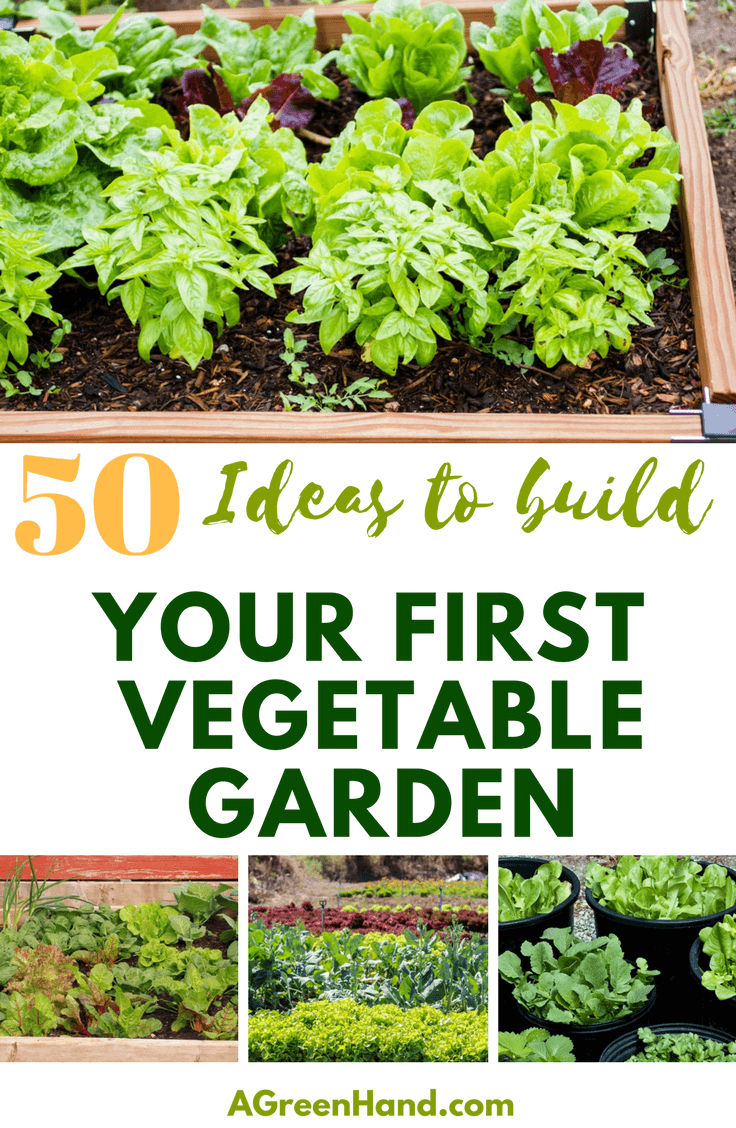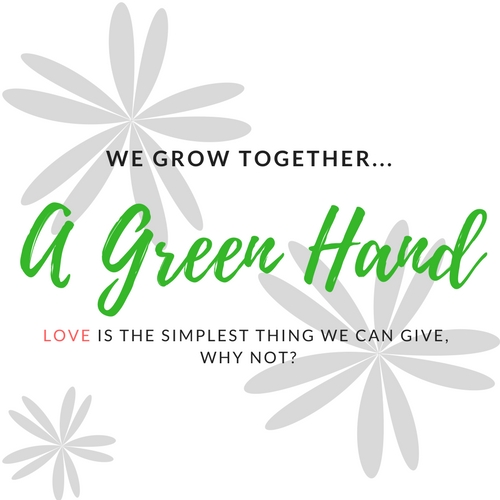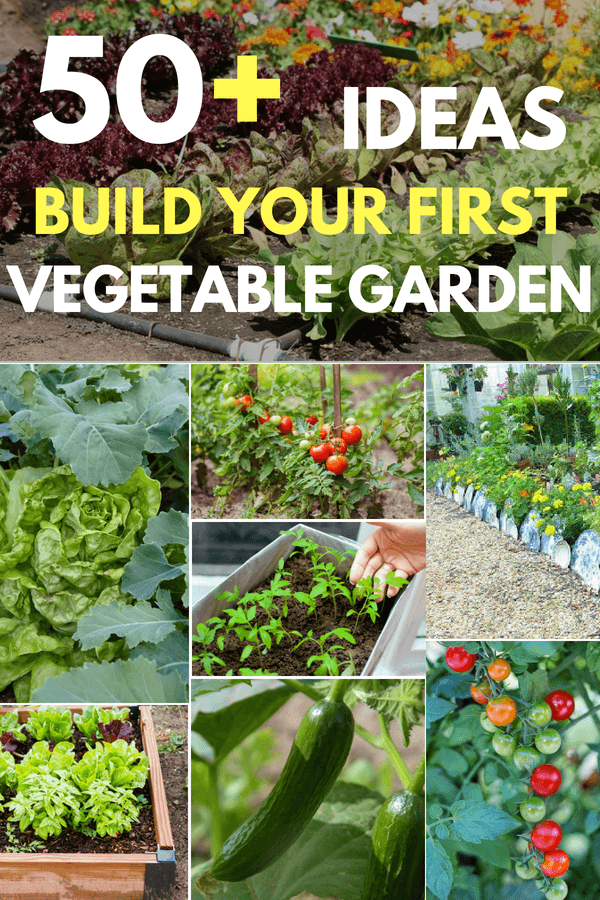Are you feeling the same thing with me? That little concern about healthy food every time eating out?
As soon as you plop down with a menu, you forget all about diet plan. Just a second ago, you remind yourself against ordering a cheesy dish, a can of soda and of course, a delicious dessert. But then, you keep satisfying the hunger monster inside you.
And, you get home, feel regret about your spontaneous choice and keep repeat the same habit.
So, how to get out of the habit loop of eating out?
Oh, it is… planting a vegetable garden. Instead of eating out, invest in a real garden with healthy food, no pesticides. Instead of wasting money for others, invest in yourself, your house. Instead of making stupid decisions, make the right choice of building your own garden.
You will be amazed by the better-tasting veggies, the improvement of your family’s health and how many bucks you have saved on grocery bills. “You will be amazed by how much fun gardening can be, and the pride you take in sharing healthy food nurtured by your own efforts.” (Acacia Matheson, the CHGE’s assistant director of communications)
Understanding that, we’ve gathered some useful pieces of advice from green thumb experts. Take a brief look through our article, and you can start planting your own vegetable garden.
Here are 5 questions which have been asked most:
- Which type of the first vegetable garden would be suitable for the beginners?
- Which factors affect on deciding what to plant in a Vegetable Garden
- Which is the most important factor in growing the first vegetable garden?
- Which problems can arise when planting the first vegetable garden?
- Do you have any pieces of advice for the first time gardener?
Glue your eyes to the screen and swallow up every piece of information. You’ll save yourself tons of time finding the answers to these problems.
50+ Experts Reveal How To Plant The First Vegetable Garden
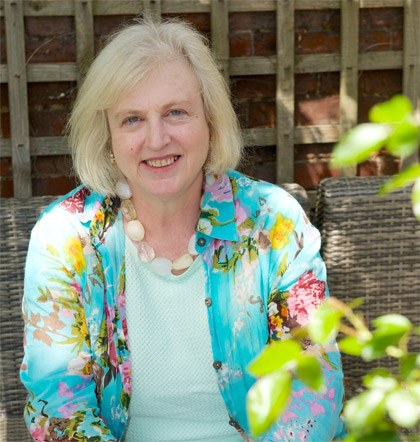 Alexandra Campbell
Alexandra CampbellThe Middlesized Garden
The talented blogger, Alexandra Campbell, also falls in love with gardening. The guidance for your own fairy garden without unexpectedly much less effort and time can be found in this blog.
The best type of vegetable to start with is one you enjoy eating. Just start with two or three different types of vegetable - don't try to do too much.
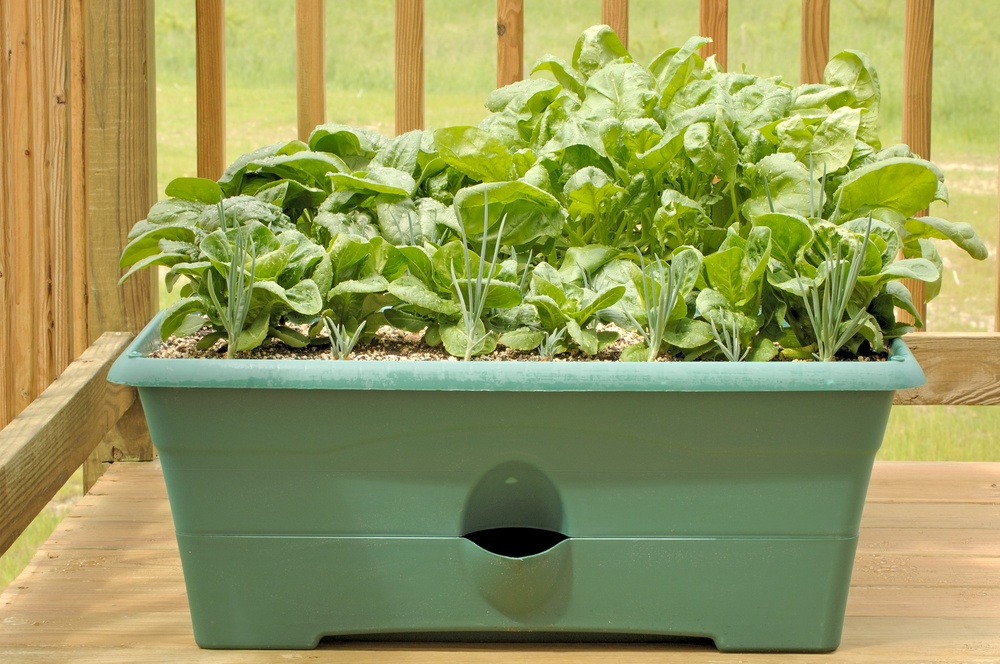
Cut-and-come-again vegetables will give you the most harvest, because they sprout again once you've harvested them. Cut-and-come again veg includes beans, lettuce, chard and kale. Most seed suppliers have "easy to grow" categories or label plants easy to grow. Vegetables grow fast, so as soon as the vegetable appears, you need to fertilise the plant regularly.
You can grow most vegetables in a pot, so choose the largest pot you can manage and fertilise regularly.
Missouri Botanical Garden
– Horticulture Answer Service
Being one of the oldest botanical gardens, the Missouri Botanical Garden have succeeded in conserving many plants, the ecosystems and the environment in the city of St. Louis. Chip Tynan, the manager of the Missouri Botanical Garden’s Horticultural Answer Service, sharing his profound knowledge about the first veggies garden.
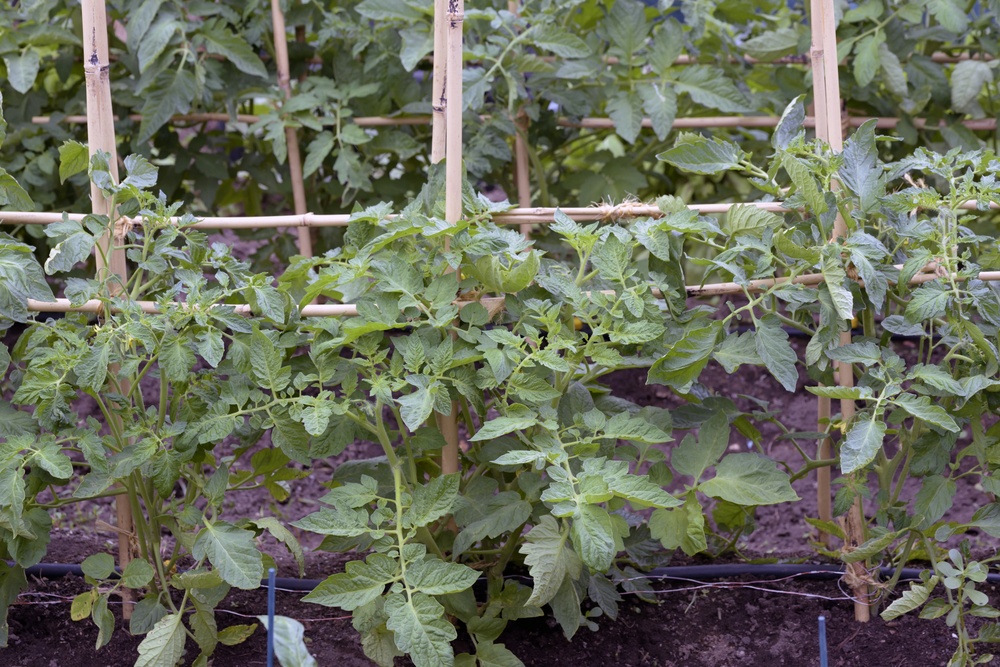
"It is a tomato patch. I grew up in an Italian neighborhood and wanted to plant what my neighbors grew. The most important consideration should be to grow what you like to eat.You should pay special attention to soil preparation. Plants can only be as good as the quality of soil they are growing in.
You should pay special attention to soil preparation. Plants can only be as good as the quality of soil they are growing in. Choose a site with lots of sun and good soil drainage. Most vegetables need at least 6 hours of direct sun in order to thrive. No vegetable will thrive in wet or soggy soil.
Start small and don't overextend yourself beyond your ability to devote the necessary time and effort to control weeds, water in timely fashion, and harvest when your crops are at their prime. If you master your first attempts, you can expand the scope and size of your garden in the years ahead. "
Senior Editor at
Gardening Know How

This practical site developed from a burning desire of Heather Rhoades to create a really helpful community for gardeners. It’s so user-friendly that the number of answered problems have gone up to 50,000 direct questions. Nikki Tilley, the editor, offered some pieces of advice for beginners.
It’s usually better to grow vegetables you enjoy and those that are easier to grow such as radish, cucumber, beans, tomatoes and squash.
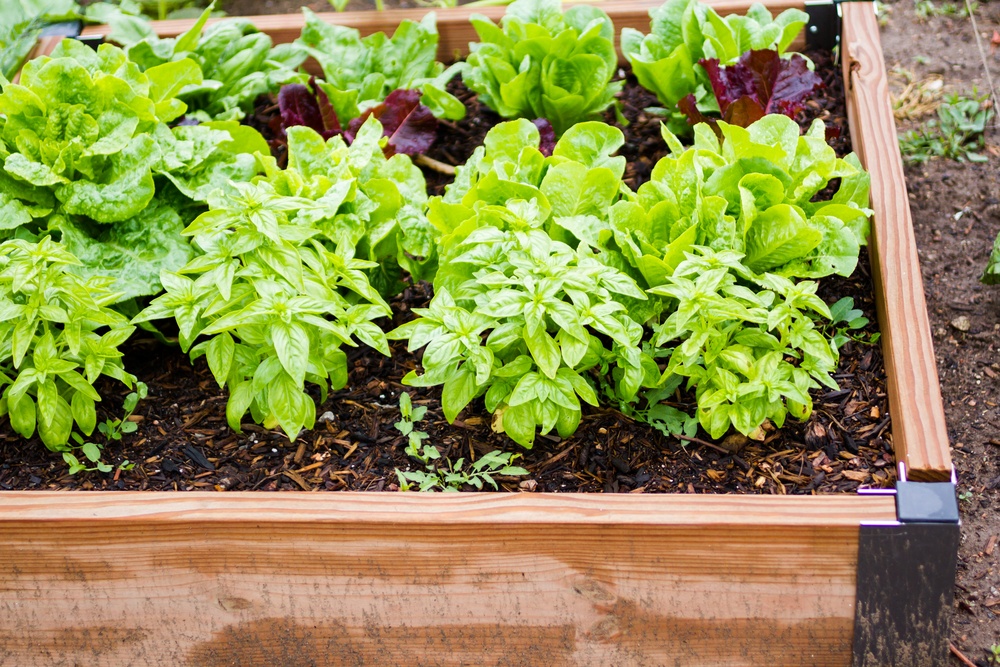
The most important factor in deciding what crops you want to grow is space. Where you will be growing them, the available light and current soil conditions will all dictate what you can grow – if you lack space, you’ll need to grow less plants or take advantage of vertical space. If you have limited sun, you’ll need to choose plants that are more appropriate, like lettuce. And if your soil isn’t up to par, you’ll need to consider amending it as well as choosing plants that are suitable for your conditions.
For anyone just starting out, it’s always better to start small. Consider growing your garden in small beds or even containers. When you have a general idea about what you want, plan it out carefully. And, remember, you can always add to the garden as your experience and confidence grows.
It doesn’t matter if you’re new to gardening or a seasoned pro…nature sometimes has its own plans. Weather is one of the biggest problems you’ll face and there’s little you can do about it other than “weather the storm” so to speak. Pests are another issue. Whatever can go wrong typically does, but this shouldn’t discourage you. You can’t control everything that happens in the garden but you can keep trying.
Take notes, learn as you go and experiment with what works for you and your situation. Gardening is all about growing, not only plants but as a person. It’s one of the best teaching tools out there and if you stay at it and don’t give up, you’ll also find that it’s all worth it in the end.

Bonnie Plants, the largest producer of vegetable and herb plants in the U.S. is a wholesale greenhouse grower providing quality vegetable and herb transplants to Home Depot, Walmart, Lowes and approximately 5,000 Independent Garden retailers, nationwide. Bonnie Plants began in 1918 and will celebrate their 100th year anniversary in 2018!
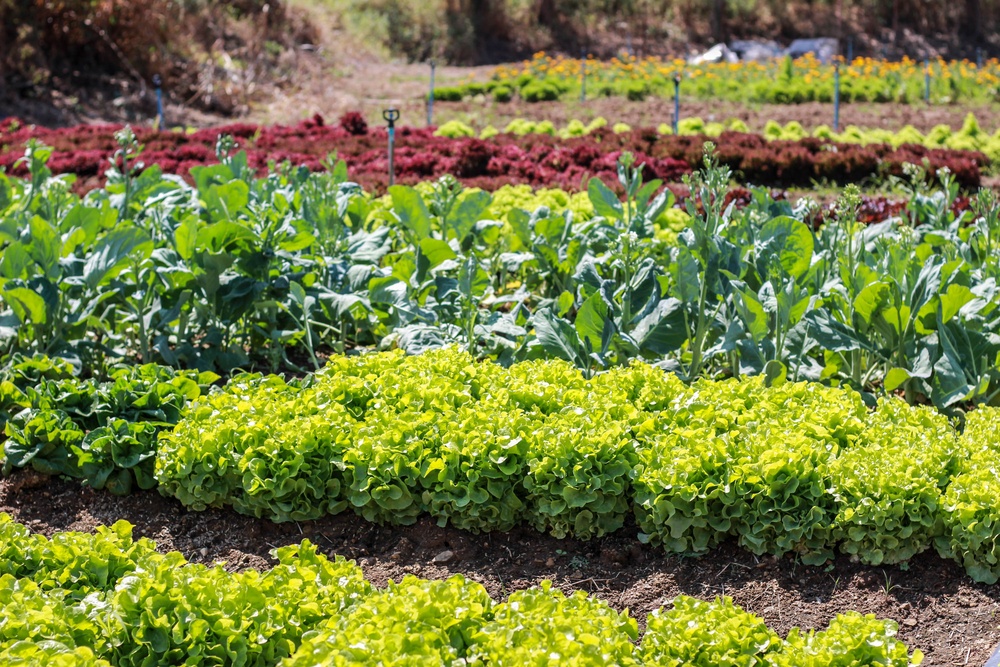
Planting a productive vegetable and herb garden can be easy and rewarding when you keep the basics in mind and plant reliable varieties.
For gardening advice and information on more than 250 varieties of Bonnie’s vegetables and herbs, how to grow, types of gardening, trouble shooting, DIY projects, recipes and more, please visit
www.bonnieplants.com.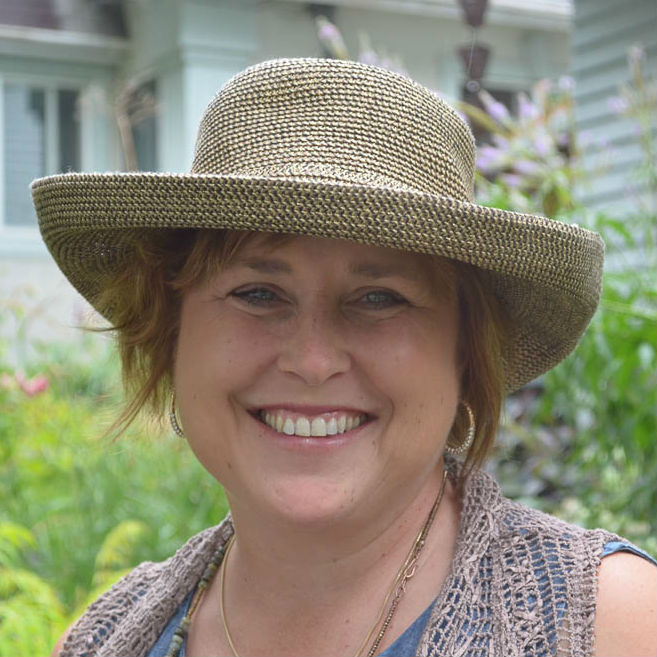 Dee Nash
Dee NashRed Dirt Ramblings
The 20-30 Something Garden Guide
You can find your so-obsessive about gardening mate here. If you are even allergic or sensitive to gluten and casein, you can seek for gluten free blog posts easily.
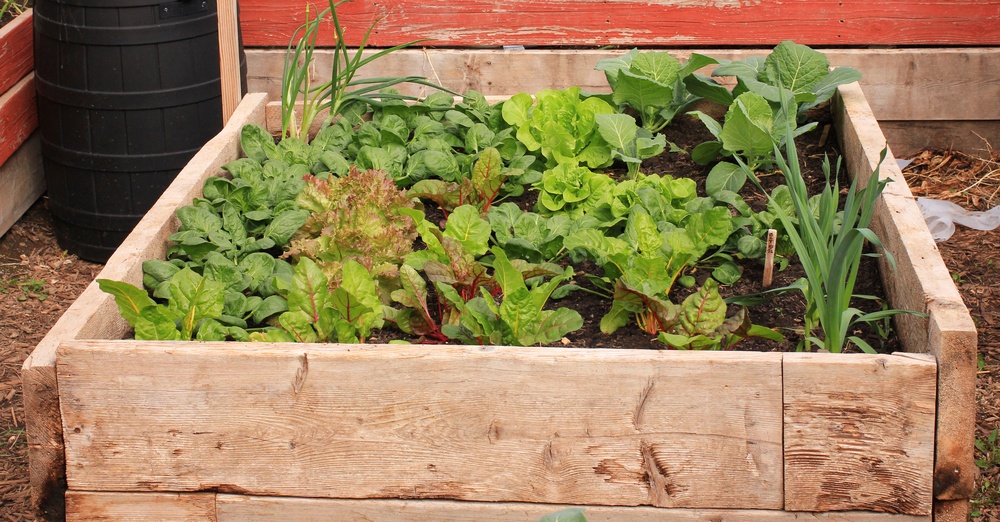
So when building your first baby, start small. Make a plan before you start. It can be as simple as measuring your area whether it is containers on a deck, or raised beds, or a small vegetable garden space.
Don't overplant because plants grow as the season goes on. That may sound simple, but I've overplanted many times in the past and then my plants are overcrowded in the middle of the growing season.
 Sally Cunningham
Sally CunninghamGarden Organic
Members Advisory Service
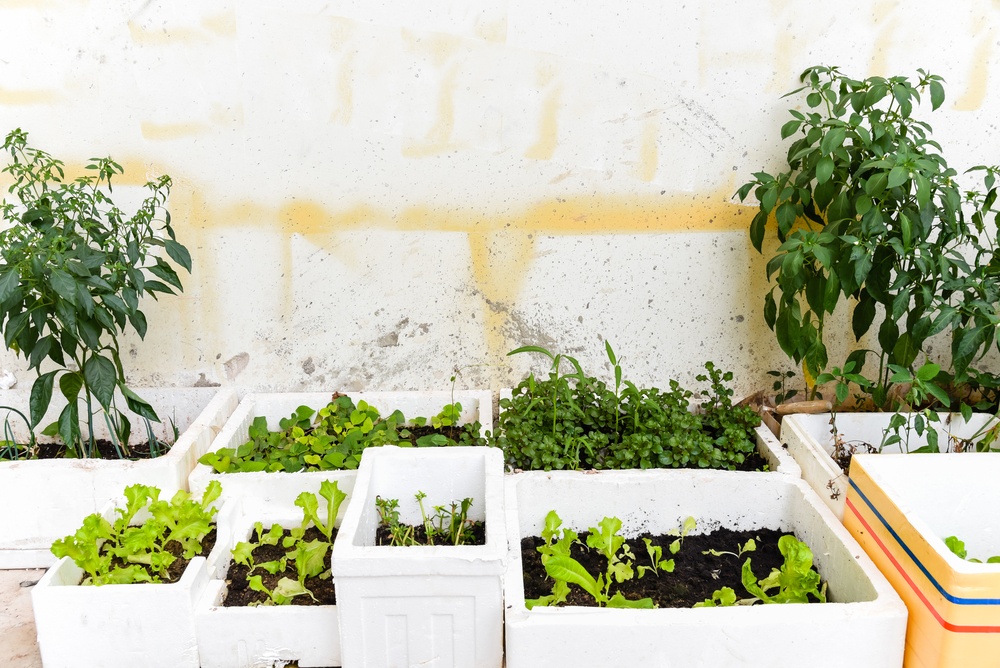
Garden Organic is a registered charity about organic growing. With the campaigning, advice, community work and research, this community’s goal is help everyone growing ‘the organic way’.
Sally’s personal advice for any first time gardener would be to always garden organically, take account of your soil and site and try to grow as wide a range of vegetables as you can- something will succeed, even if not all of your crops do well first time round. And try again next season!
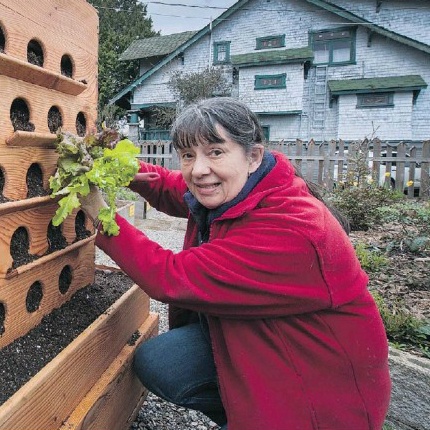 Sharon Slack
Sharon SlackHead Gardener
-
City Farmer
Yup, this site sounds so amusing. You can guess from its name the whole mission of “City Farmer”. If you think that garden is only for rural areas, this community will make you think again. All city dwellers can grow their food in the city, enrich the garden knowledge with hands-on experience even in their flat roofs.
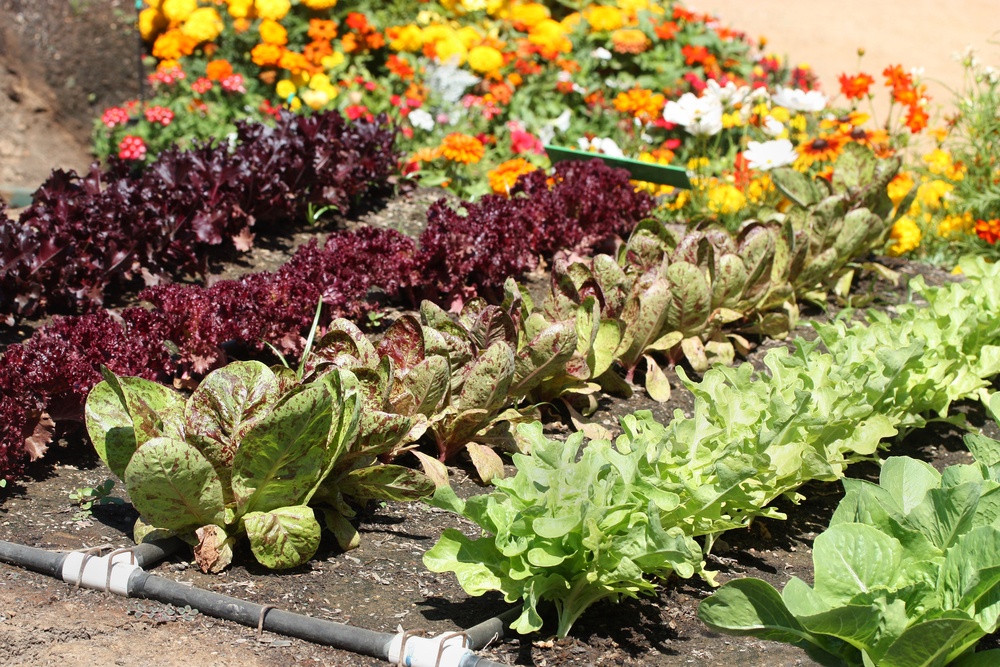
The new gardener has to consider their available time, physical abilities, and level of commitment when starts out. Whatever to grow depends on what the gardener (and their family) likes to eat and the suitable plants in their climate (zone).
The most important factors to notice are the soil, what amendments will be needed, available amount of sunlight, and length of growing season. Your veggies can be attacked by weeds and insects, should be controlled by non-chemical means.
But remember to consult with local gardening groups if any problem arises. However, if available, demonstration gardens, gardening neighbors, local seed catalogues or Seedy Saturday events. Start small, keep records, experiment!
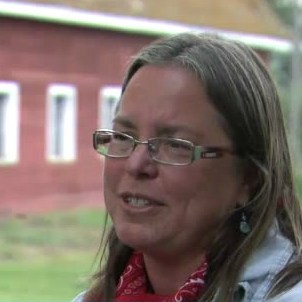 Tam Andersen
Tam AndersenDirector of Fun
- Prairie Gardens
The customers will strengthen family relationships by developing the emotional and spiritual bond between the members through back-to-the-land activities in Prairie Gardens & Adventure Farm. With some suggestions given, you will get deeper knowledge with the help of a real farm frontier.
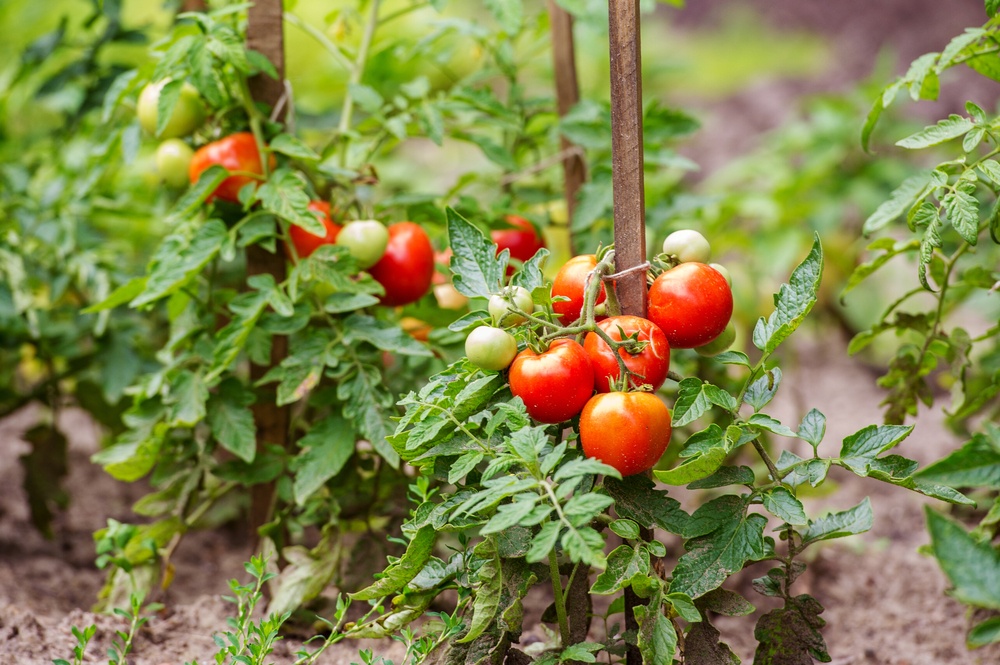
Potatoes, cherry tomato and zucchini is a must. Also, garden candy is a total must have if you'd like to encourage your children to eat well!
Location, Location, Location! You have to have a sunny spot for a productive crop. Next consideration is space. Can you sneak in a few garden greens? Some green, purple and yellow beans? These plants all offer easy wins!
It is advisable to start earlier than you think. Even in our cold - zone 2 climate - you can plant frost hardy things like spinach, carrots and garlic in the fall or seed lettuce, peas and onions in the first week of May.The weeds can pose serious threats to your fist veggies thing. Never plant more than you can hoe.
Check out your local garden centre - they have years of garden wisdom and love to share! Try something new! We love Tatsoi and Mizuna and Japanese greens grow surprisingly well in Edmonton! Watch the poplar trees in the spring! When they leaf out - it's time to seed!
We've started seeding successively in the garden. Greens in the spring, summer and again by mid August for late October salads are wonderful! Also - try planting a blue pumpkin! They are amazing!
 Aaron Dalton
Aaron DaltonGarden of Aaron
Clay soil is Nature’s goldmine for many artists. However, it is not the ideal environment for plant growth, and hence, poses a real challenge to gardeners. With the help of a courageous fellow - Aaron, you can grow your own plant, flower and shrubbery.
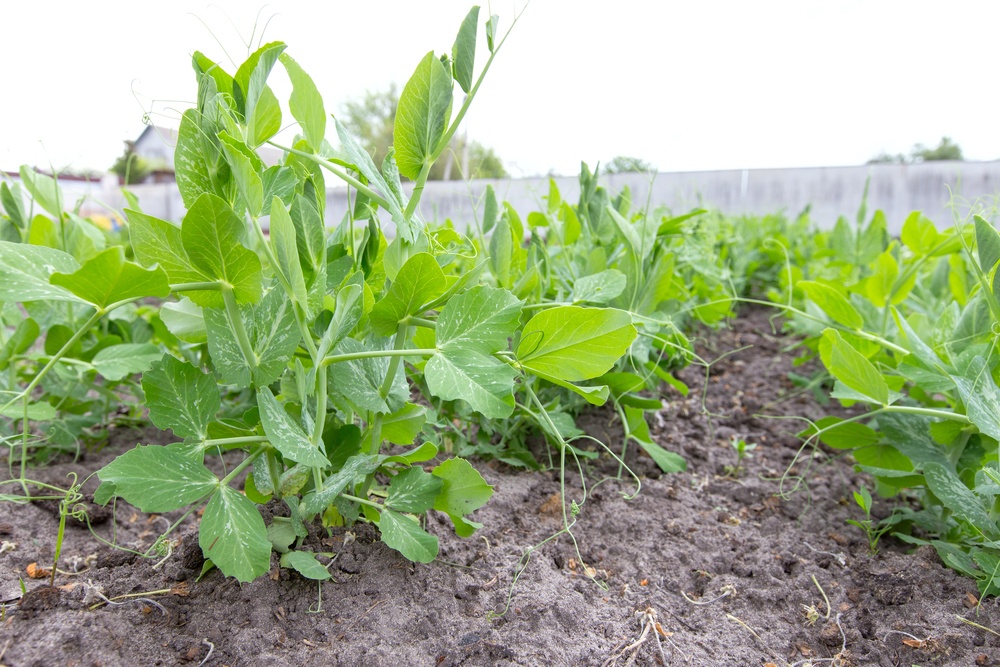
What to grow for the first time depends on your soil and your climate. Talk to friends, neighbors, agricultural extension agents, maybe folks at local botanic gardens or master gardener clubs. Ask which types of vegetables grow best where you live. Then grow a few of your favorite veggies that you love to eat!
I'd like to grow peanuts, but I've heard they grow best in sandy soil not the heavy clay in my garden. Of course, you can heavily amend soil if you have the budget, strength and/or time, but I prefer to try to work with more-or-less the soil I've already got.
Planting things at the wrong time is a big mistake that many beginners probably make. In Tennessee, if you plant sugar snap peas or lettuce in summer, it will die or bolt on you. Conversely, you don't want to plant tomatoes or okra while it's still cold out. You can overwater or underwater. You can have your veggies attacked by insects, rabbits, deer and so on. You get the picture! Try to have fun, enjoy yourself and focus on your successes while trying to learn from any disappointments.
It's easier to start small and expand rather than shoot for the moon and then get overwhelmed trying to tend an enormous garden. Try to find at least one veggie that's easy to grow so that you can gain confidence. In my area, for instance, I found that daikon radishes grow well in both spring and autumn. Even the clay soil can't stop them, although they tend to grow up out of the soil rather than growing down as they probably would in loam or sandy situations.
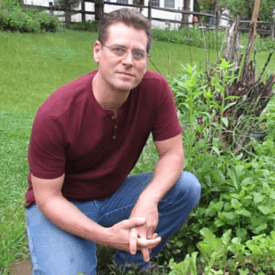 Gary Pilarchik
Gary PilarchikThe Rusted Garden Blog
Youtube channels:
My First Vegetable Garden
&
The Rusted Garden
When start out your first veggies garden, you can share the same hobby in gardening with tons of other folks. Don’t hesitate to open up, reach out and share your experience like Gary from the Rusted Garden.
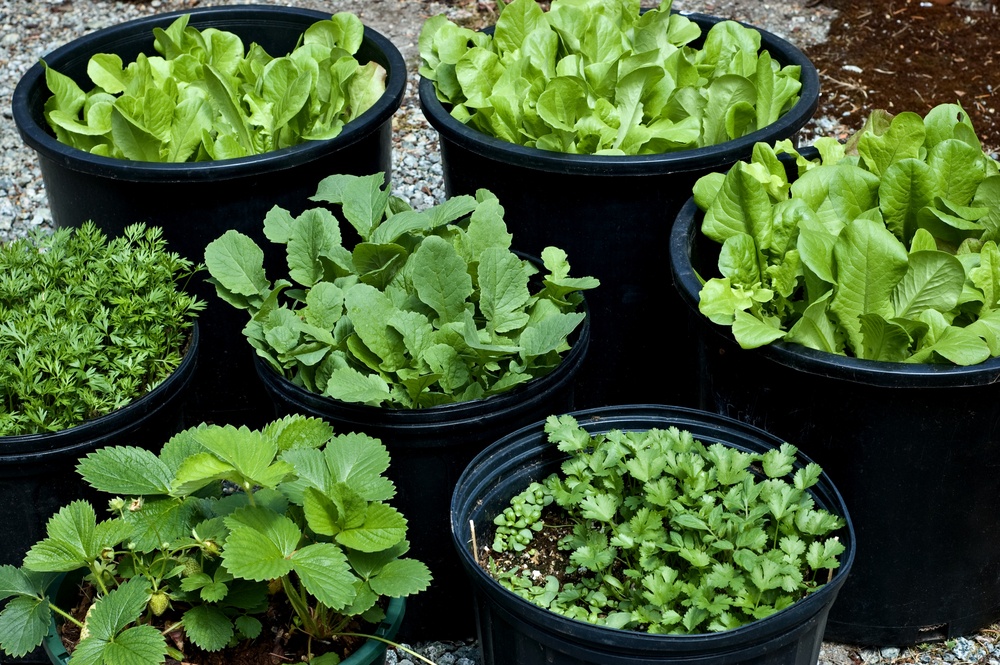
A great beginner garden is a container one, which is perfect for growing lettuces and herbs. It is easier to manage and requires fewer resources. Container garden can be slowly expanded as needed to match the gardener’s interest. For the ground, a 4x4 garden is a great way to start. Again, fewer resources to get started and it can manage a tomato, pepper, some herbs, and 1 or 2 other plants.
Temperature is the key to planting vegetables. You have your cool weather vegetables that do great with 50 degree nights and days in the 60’s and low 70’s. Next is the warm weather crops that like 70 degree nights and 80 degrees days, generally speaking. Cool weather crops can often take frosts, while the warm can’t.
Getting started is the key. Vegetables want to grow, so even with problems you still get veggies. Next is picking a garden size you can manage. You should water and weed regularly.
It is so easy to get overwhelmed when everything starts growing. You will get insects and disease and that is when learning comes in. Keep a journal and take notes when problems arrive and do you best.
So, don’t go for perfection. Don’t be intimidated by everyone’s advice. Go with the basics to start. Keep the garden small. 6 hours+ sunlight. Water regularly. Feed them often with any type of fertilizer. Keep a journal of pests and diseases and write down how you try to manage them. After the first year, you can learn about organic methods, composting and all that. First year is about growing and get started.
 Charles Dowding
Charles DowdingCharles Dowding
Youtube Channel: Charles Dowding
You get upset with all the chemicals, pesticides used to promote plant growth. No longer fresh and juicy fruit. No longer clean veggies. Don’t worry. Seek for the help from Charles, a pioneer in growing organically since 1983.
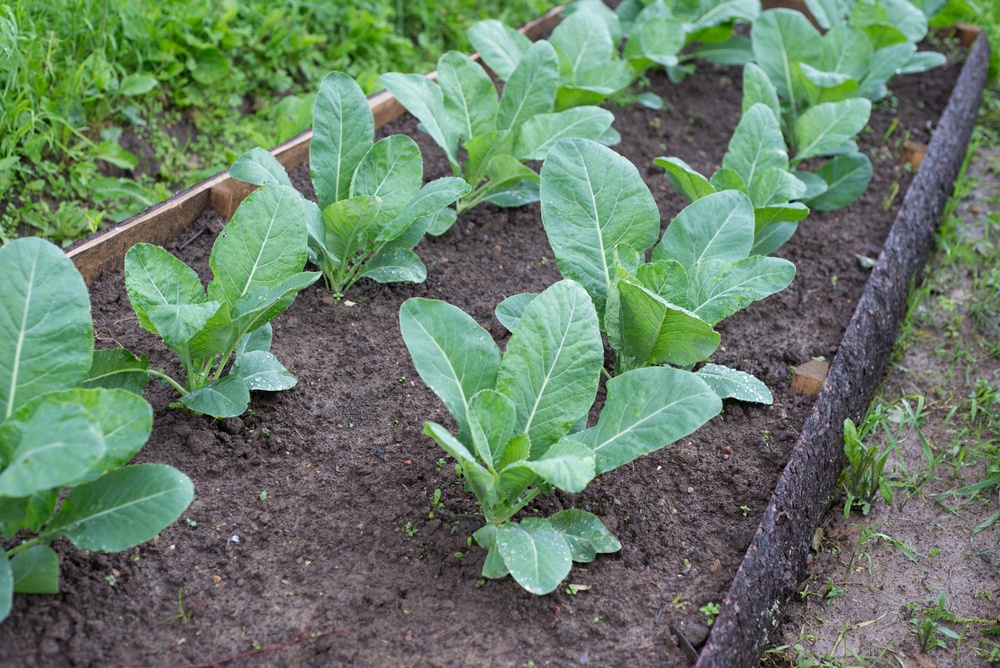
Grow small is best, even one bed of 4x8ft/1.2x2.4m, and filled with compost not soil. Vegetables are super-hungry plants and repay you for organic, compost feed. Two decisive factors will help you decide what to plant. What you like to eat and what grows most easily in your climate. Check your neighbors. Find out what they are growing most successfully. Imitate them.
Soil fertility is so vital to your plant. So no dig and with a mulch of organic matter: compost if slugs are prevalent, fibrous organic matter if not.If the soil is good and you plant at a good time, pests can still destroy everything. Again, local knowledge helps, and check my video on being prepared for pests.
For beginners, sow in season above all, don’t always rely on the seed packet! Each veg has a best time to sow see
this link for more information.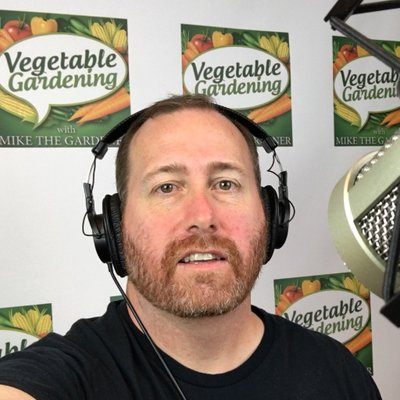 Mike the Gardener
Mike the GardenerAverage Person Gardening
Youtube Channel:
The Vegetable Gardening Show
Gardening is for everyone as it is simple, joyful and beneficial for your health. Mike has started that desirable journey for nearly 30 years. He also published an interesting book Vegetable Gardening for the Average Person.
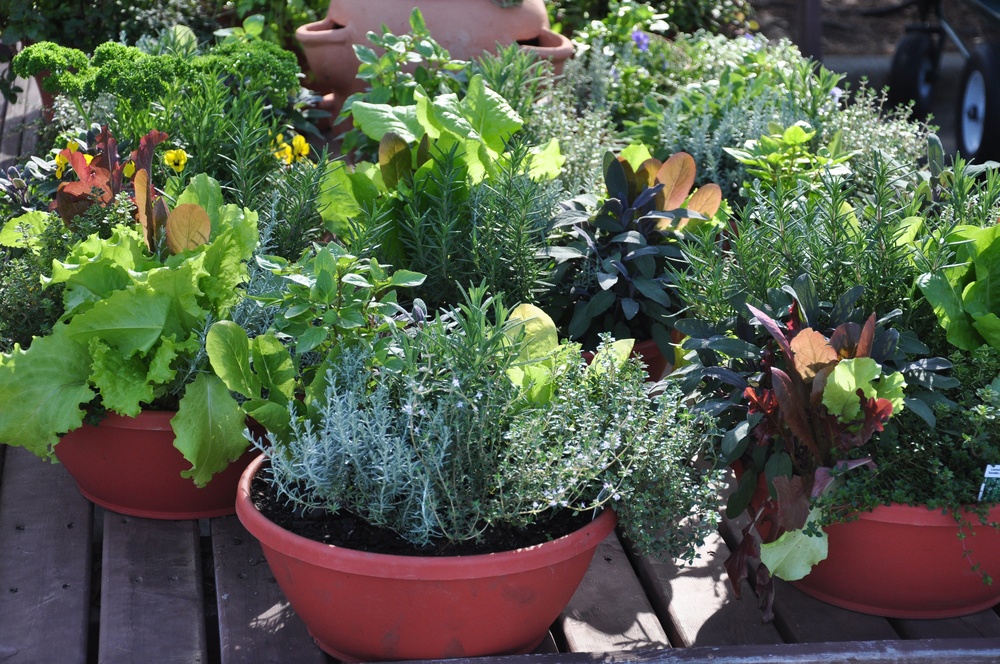
You can either start small with a four foot by four square or a few containers or pots. But bear in mind, an area full of light and close to the water source can help you avoid some problems. Keep the garden in sight to easily check on it, water and fertilize plants.
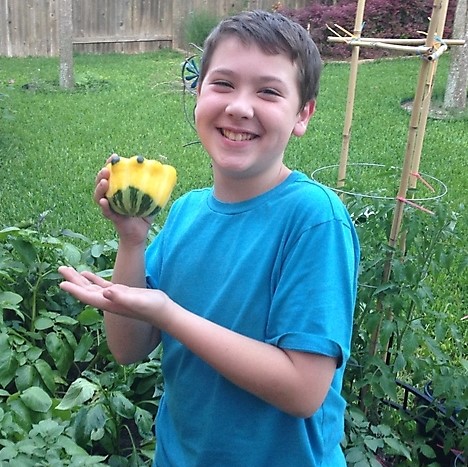 Ian McKenna
Ian McKennaKatie's Krops Grower
There is no boundary to your dream. You’ll never know what your potential is if you don’t follow your heart and try your best.
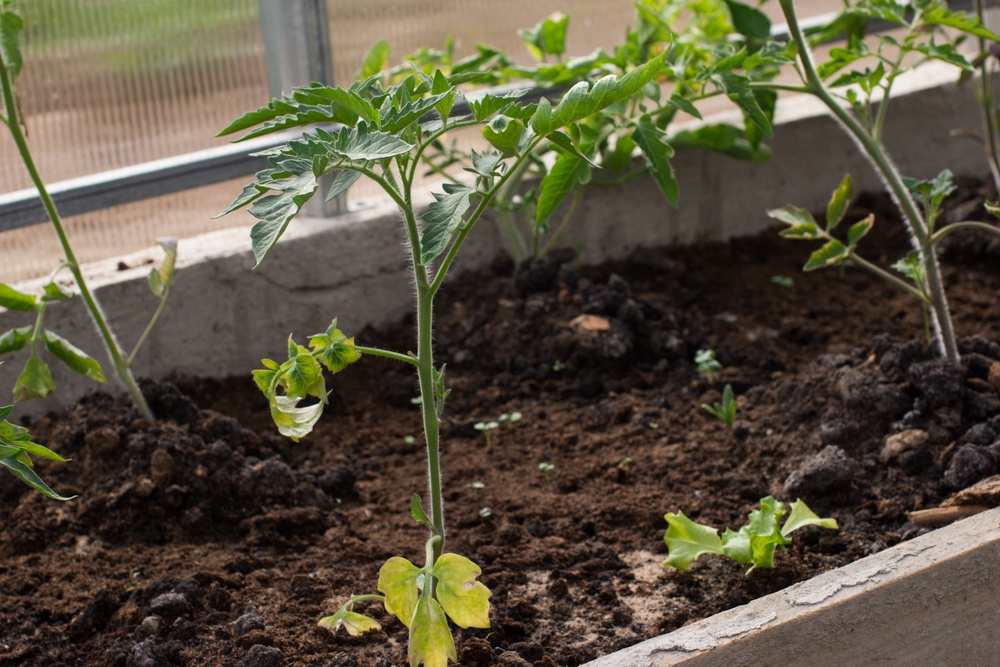
There might be some problems towards planting the first crop: planting seeds too deep, planting plants or seeds near each other that are susceptible to the same types of pests/disease.
Placing plants that are not compatible can stunt the growth of another plant. Fungal disease can be caused by improper watering/water the whole plant and not the base of the plant or planting too closely or not cleaning tools after pruning an infected plant.
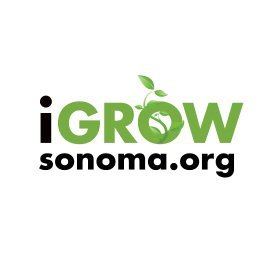 Wendy Krupnick
Wendy KrupnickiGrow Sonoma
With the help of the experienced expert, Wendy Krupnick, you can broaden your horizen. Seeking support from green thumb gardeners is better than swimming on your own and getting lost.
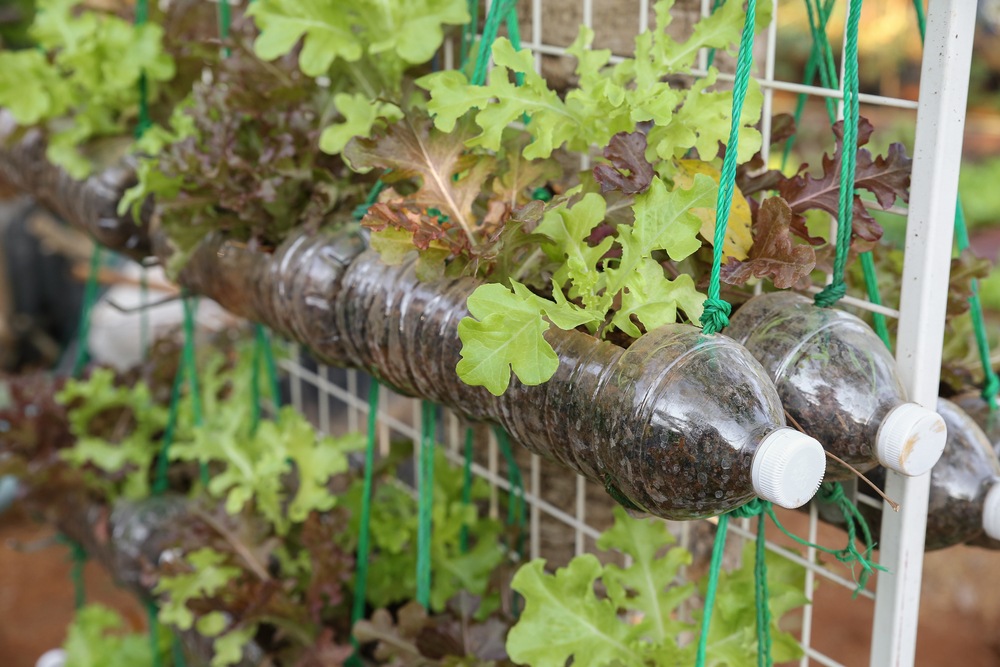
If you don’t have enough space, opt for those convenient containers. The containers are diverse ranging from terra cotta pots, 5-15 gallon plastic containers, half wine barrels to planter boxes.
You can utilized unused boxes or containers for planting your favorite veggies. However, they must be big enough for the plant’s growth. Combining compost with potting soil for better drainage, retaining moisture and sufficient nutrients for the plants. That’s why this mixture is preferable over garden soil.
You will find almost all annual veggetables can survive in a container and flourish. Don’t worry. Take advantage of what you have.
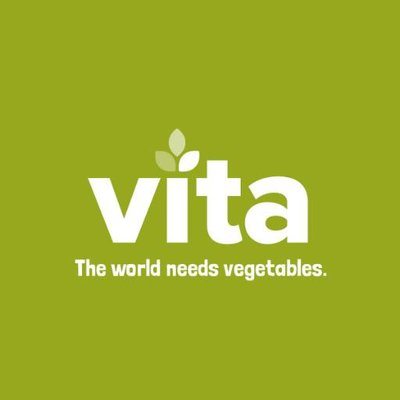 Paul Smith
Paul SmithVita Gardens
An unique company focuses on sustainable healthy foods and inspiring others to follow the same lead. They also sell aesthetic and functional gardens such as beneficial garden, raised garden and so on.
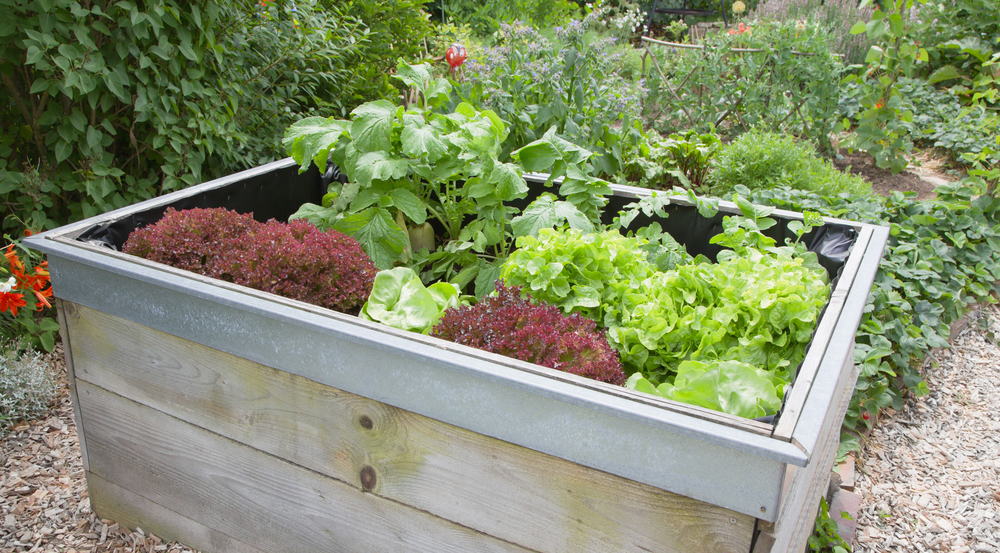
We suggest raised vegetable garden vessels. Our garden vessel designs supports the theory of square metre or intensive gardening practices which consists of two methods, interplanting and succession planting. This will give you an opportunity to grow a lot in a small space.
Some factors to think about before planting would be amount of daylight hours for sun loving plants, plants that prefer shade, micro climate and the use of companion plants.
Grow what you like to eat, the easiest to grow and maintain. Keeping your garden area small. A healthy plant needs healthy soil therefore the proper fertility of the soil will result in healthy productive yields. Healthy soil needs organic matter and the best way to produce organic matter is to compost.
Weather and temperature fluctuations will always be a factor. Pests and rodent problems can cause issues along with soil born diseases.
Design your garden area beds so that you can manage and don't go to extreme at first with multiple varieties. Try to incorporate disease resistant varieties of vegetables and rotate your garden planting yearly. Incorporate early, mid and late blooms of companion plants to attract beneficial insects and pollinators. Get comfortable with warm season summer crops for example beans, zucchini, tomatoes, cucumber. Then try extending your cool/cold season crops for example, kale , leeks, beets, carrots and leaf greens into the fall and winter harvest by using cold frame and small mini hoop vessels.
Be environmental conscious and use ecological approaches and practices without using chemicals. These will support a natural ecosystem and habitat for beneficial predators and pollinators.
 Kelly
KellyCustomer Service
- Seeds For Africa
A new wind to the South Africa gardener’s market with a wide varieties of quality products, good customer service and reasonable prices. You can find almost everything you need here from tools, conditioners to many types of seeds.
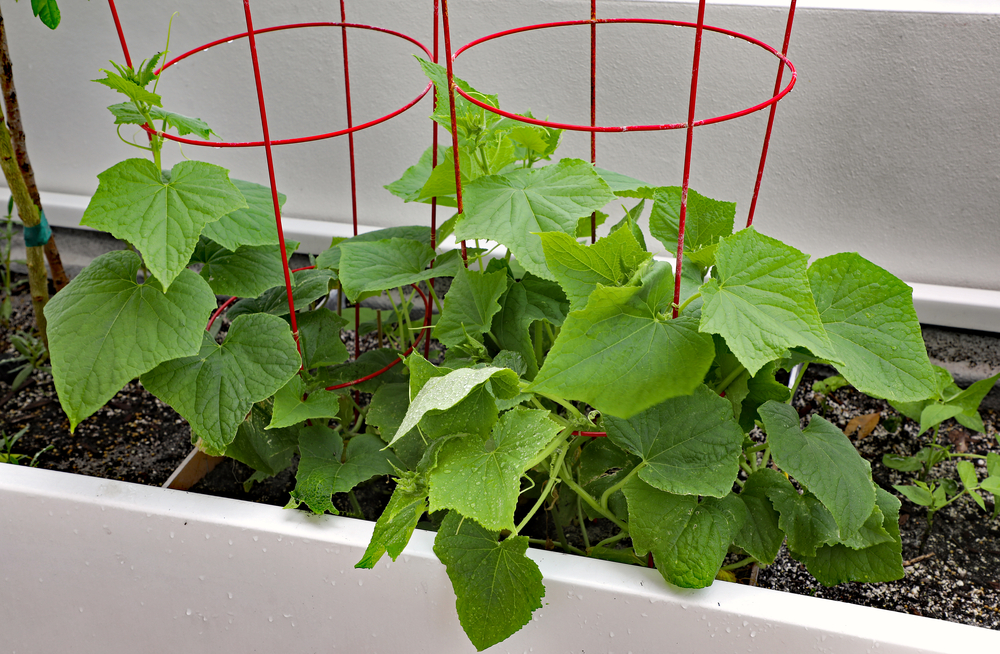
The top 10 easiest vegetables for beginner gardeners are: Carrots, Cucumbers, Beans, Lettuce & Salad Greens, Onions, Peas, Peppers, Radishes, Tomatoes. Factors on deciding what to plant in a vegetable garden: soil type, space, which vegetables to grow, site selection, temperature, photo-period, wind, rainfall.
The most important factor when growing your first vegetable garden is: Soil. Vegetables are heavy feeders and need rich soil. Problems that can arise with vegetable gardening are seeds not germinating, seedlings and/or plant wilting, spindly and slow growth, yellow leaves, plant pests and diseases, poor yields.
Advice for the first time gardener: locate your vegetable site correctly e.g enough sun, access to water and wind protected. Decide first what vegetables you want to grow and which time of the year to avoid food wastage and unnecessary costs. Don't feel you need a huge piece of land space to grow your vegetables. Vegetables can be successfully grown in containers and there are even vegetable varieties suitable for container growing e.g patio cucumber, mini sweet bell peppers and many others.
 Mirjam Metsare
Mirjam MetsareHorticulturist - Click & Grow
Yup, with every click, you know more about the big universe out there. How about growing healthy with many clicks? It sounds so interesting, right? This community of fresh food growers has thousand of members who understand their bodies’ needs and place importance on the input. “You are what you eat”.
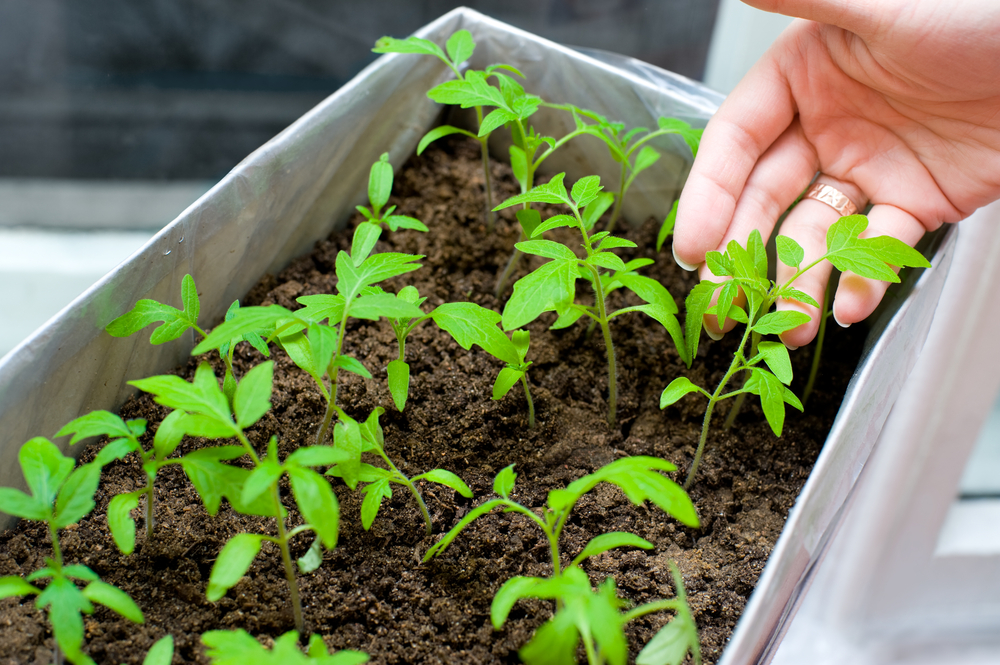
For a beginner we would recommend to start with Smart Garden 3. It is quite similar to our previous farm Smart Herb Garden, but SG3 has many advantages- better lighting, new cavity system that ensures less waste etc. Also, if there is more room available, our Wall Farms are also very user friendly and easy to use for a beginner.
Since Click and Grow capsules include seeds and Smart Soil with all nutrients, it is really hassle free to grow your own plants. But, if a person does not find anything to grow from our site, it is possible to use Experimental Plant Capsules. It is a ready made Smart Soil that contains everything needed except seeds- seeds need to be added by the customer.
It is important to use indoor gardens indoors. Really, all that is needed to do is to add water to the tank, insert plant capsules and place transparent domes on them to speed up sprouting. I have noticed that customers fall in love with their herbs in such way that they don't want to cut and consume them. I know that herbs look just lovely, but they also need to be cut back, so they could grow more and more.
My advice is to start right now! Growing your own food, herbs or decorative plants is so rewarding. With a price drop on plant capsules - you can consider using a more hassle-free system compared to hydroponics systems. Our customers don't need to control and balance pH levels, add and measure nutrients to provide normal plant growth, worry about lighting efficiency etc. Also, cleaning our Gardens is also super easy.
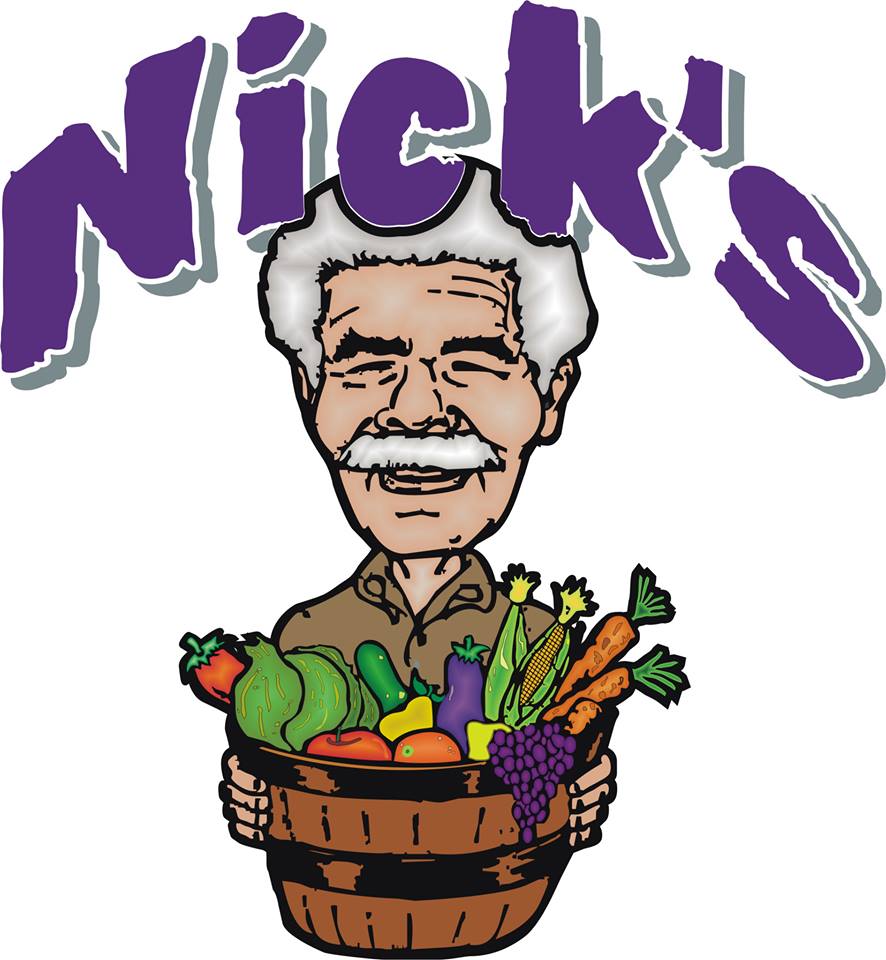 Colette
ColetteNick's Garden Center
It definitely depends on the gardener, and the situation. A new/old homeowner has different resources at their disposal than an apartment dweller would. Some choose to go all out and dedicate a large space in the yard to see how much they can produce, others decide to start small depending on space, budget and ability. If gardeners are living in an apt./condo. some decide to get a space at a community garden and some are happy with some containers full of veggies/herbs on patio.
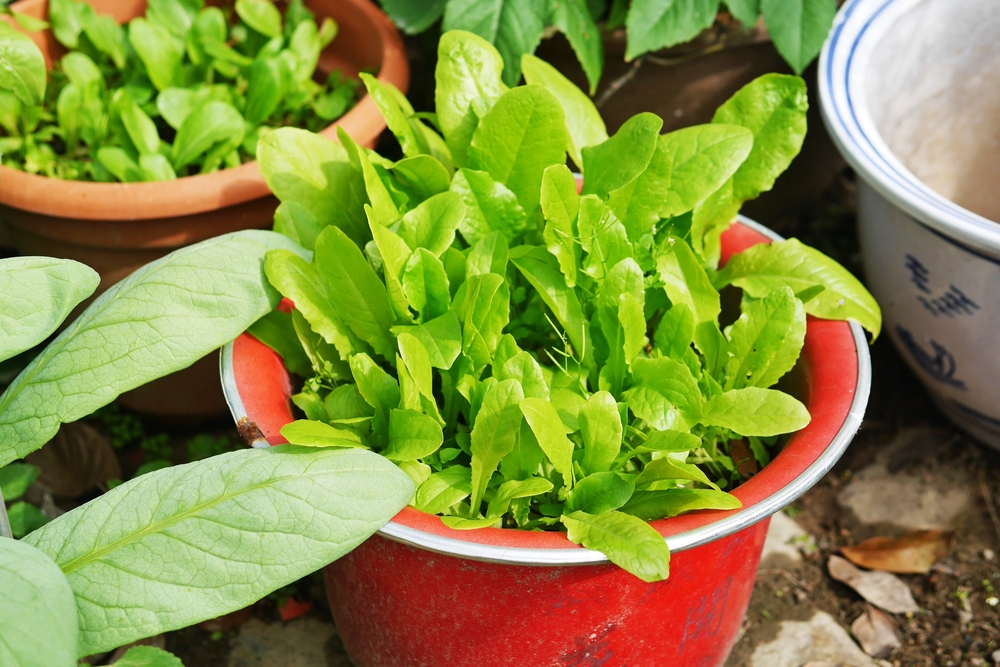
I tell clients all the time only grow edible plants that that they will enjoy and make use of, no point in growing beets if no one likes them. Plant family favorites and produce that you regularly purchase at the market, grow your favorites and/or things that are more difficult to find. ie. I grow bunches of alpine strawberries because the are impossible to source and I could never find them at any market, but now I eat them all summer long now.
Location, location... and soil tests and soil prep. Deciding on the placement of your garden based on how much you will be able to handle, maintain and harvest. Make sure your area for the garden or containers receives at least 6-8 hours of sun a day. See how nutrient rich your soil in garden is by doing a soil test. Based on those results choose your amendments and then get preparing the soil. Organic compost is added to my raised beds every year along with soil sulfur, DPW and calcium nitrate to prevent blossom end rot. once beds are prepped in spring decide what you will benefit the most from in regards to produce and start planting. If you are planting in large containers, make sure to use porous rock in bottom and organic potting soil and pay close attention to your watering and fertilization practices.
Of course pests and disease can be a problem in any garden anytime ornamental or edible. These problems can be nipped in the bud by early detection and treatment and/or changing cultural practices. Get in the habit of watering in the morning and scouting your plants for any signs of trouble and treating them right away. Proper spacing is always a challenge for new gardeners, its hard to grasp how seriously large the little baby tomato transplant will be by Aug. and plants that are too crowded are more prone to issues.
The most important thing about gardening is to have fun and enjoy your connection to the natural world, learning how to nurture plants can be very rewarding for your health, spirit and your family (and your neighbors will love the extra produce 🙂 Gardening is a good way to get exercise and has proven therapeutic benefits, I recommend everyone try their hand at growing their own food/herbs.
 DaNelle
DaNelleWeed'em and Reap
You are a master procrastinator when it comes to your first garden. You feel overwhelmed with all the information surrounding. But stop there, wait a minute. This piece of information from Weed’em and Reap can make the whole gardening world seem sensible to you.
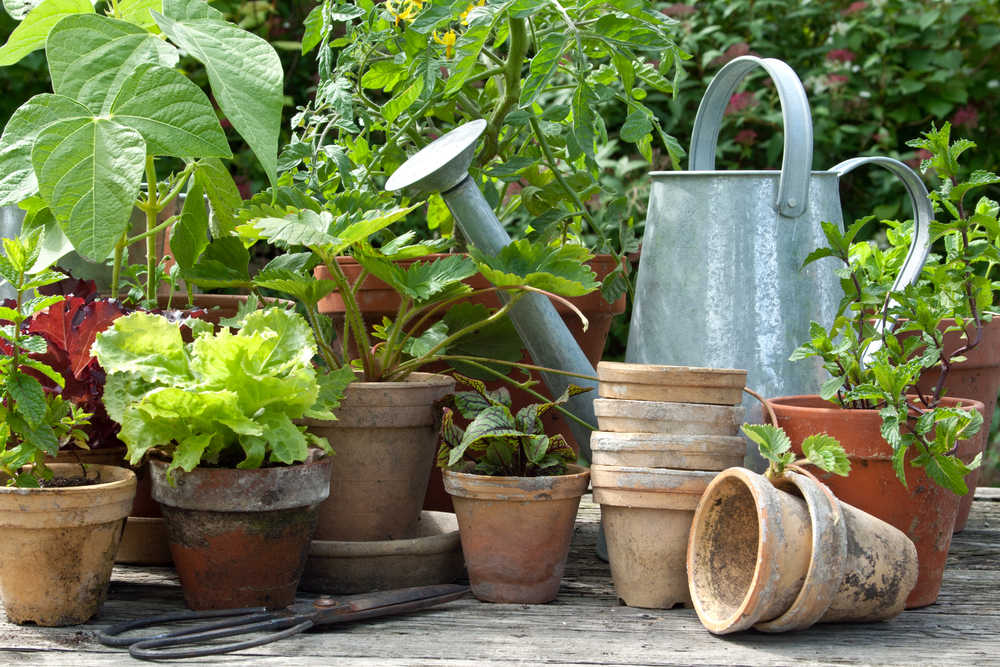
The natural ground in your garden plays a vital role in the success of the first crop. However, you should MIX it with potting soil, composted material or manure. Follow this top secret, and you will have a lush green garden with your favorite veggies. So awesome!

Theresa Martz
Tending My Garden
Organic food has been scientifically proven to be more healthy than non-organic food. So why don’t we control the amount of food that ends up on our plate and live longer? Theresa has been in the organic gardening field for 38 years, which is longer than enough for effective gardening tips and suggestions.
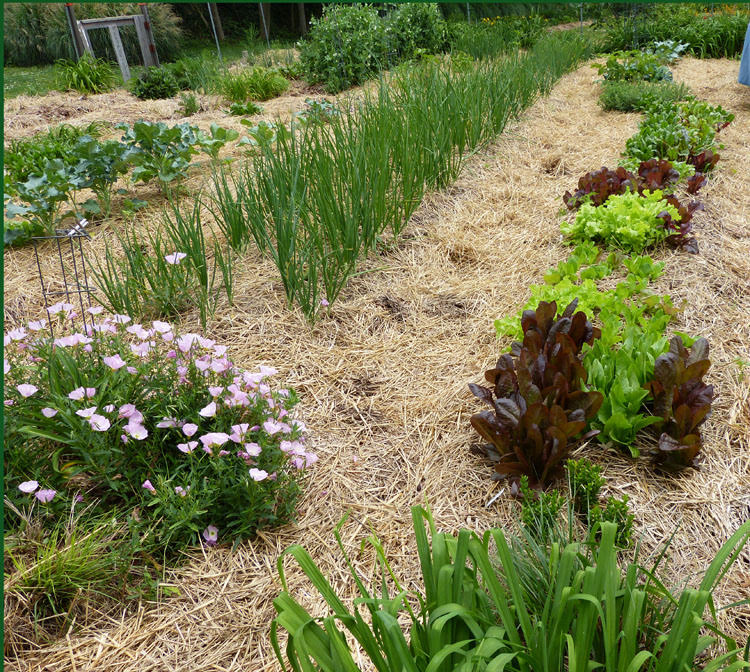
Theresa's garden in May
The advice given is start small, grow what you like to eat, prepare the ground deeply and properly, add organic materials/matter and cover the soil.
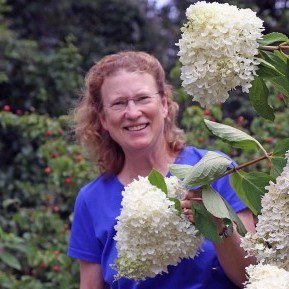 C.L. Fornari
C.L. FornariGarden Lady
Start small and be sure your garden is in full sun. Other than that, plant what you love to eat.
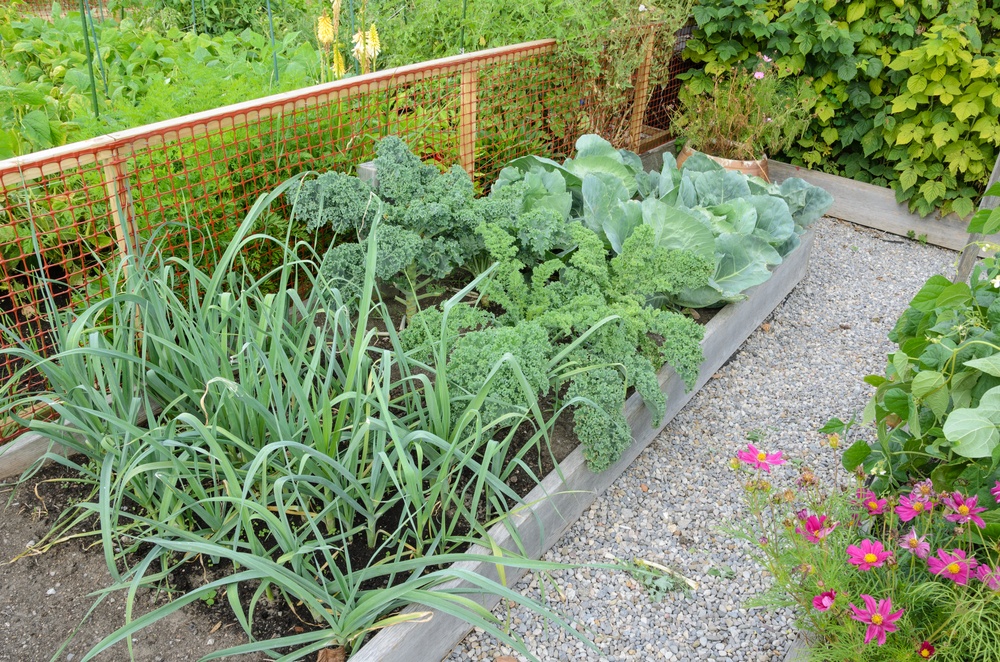
You need at least 6 or more hours of dead-on sun including the noon hour. You also need to work organic mater into the soil.
You can have problems with insects and diseases and these are largely plant and region specific.
Get LOCAL advice. Don't rely on what you read on the internet, especially if it's written by people who have no experience with vegetable gardening. All gardening is local.
 Sarah Pounders
Sarah PoundersKids Gardening
I would recommend starting small with just a few plants. Containers or raised bed gardens are a great way to get started because you can choose good soil and have more control over watering and weeds. High quality soil is an important key to a successful vegetable garden.
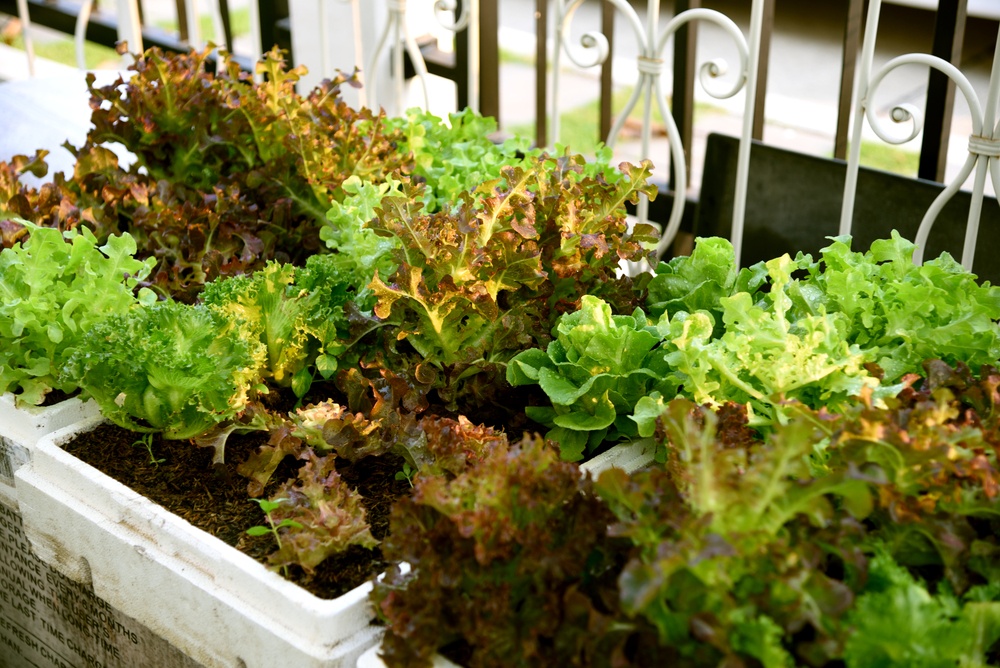
When planting a vegetable garden, sunlight availability can often be a limiting factor. Fruiting vegetable plants (like tomatoes, peppers, squash, etc.) perform best in full sun. If you have less sunlight available, you want to stick to leaf crops like lettuce or root crops like carrots or radishes. Make sure you select varieties that are recommended for your area and plant at the optimal times of the year. Your local Extension office will most likely have a list of recommended vegetable plants to help you get started.
I think the most important factor for your first garden is to enjoy the experience! Don't expect your first garden to produce a huge and perfect looking harvest. You can research all you want, but you learn so much more as you go through the season. Observe your plants carefully and expect to improve your skills over time.
You very rarely have complete control over your environment when you garden, so you will always be challenged by water, weeds, insects and disease.
Start small, use the best soil you can, and remember it is a learning process.
 Linda Loosli
Linda LoosliFood Storage Moms
I have had a garden from the time I could walk. I learned a lot of tips from my parents, but I learned even more by trial and error as I got older. The first thing is to decide for your yard is where you want to plant the garden. I like to watch where the sun will shine in different areas of my backyard as the season progresses so I know where I can plant full sun vegetables or partial shade plants. I live in a desert in Southern Utah where the soil is hard rock clay. You learn very quickly if your soil is good or bad for having a garden.
I recommend starting small with some of your favorite vegetables you love to eat with your family. Some of the easiest vegetables to grow are different varieties of tomatoes. If you like tomatoes, find the best ones that grow where you live. I always buy "Early Girl" because they produce sooner than other tomato plants. But, I also buy "Better Boy" because they produce long after the "Early Girl" ones are starting to dwindle. Cherry tomatoes are like candy, I suggest getting at least one cherry tomato plant.
I cut back all my tomatoes after about 90 days, no they won't die, I call it refreshing my plants. I highly recommend buying really good tomato cages the first time. My tomato cages are super strong and I have had them for over 15 years.

The second thing I recommend is asking your neighbors how the soil is in your neighborhood. If some of them have had gardens they can tell you how good the soil is in your area and if you need some extra nutrients. If not, go visit your local garden shop and ask for their suggestions to improve the soil where you live.
When I lived up north in Salt Lake City, Utah, I didn't need to add anything to my soil. It was a dark loamy fabulous healthy soil to plant anything in. I only had to use root starter to put the plants in the hole I dug and carefully mounded the soil around the new plants. All I had to do was water them and wait for them to grow and harvest the bounteous crop. I checked about once a week for weeds and pulled them so I could see those beautiful plants thrive.
Well, it's not that easy where I live now. I purchased several raised garden beds that are four feet by four feet and 18-inches tall. I knew I needed to fill the beds with the best soil in order to reap a good harvest.

The base for my garden beds is Miracle Grow soil available almost anywhere. Remember, I have raised garden beds. If you have awesome soil you probably won't need this. Then I made a concoction of peat moss, Azomite minerals, Coco Coir, organic compost, bone meal, earthworm castings (organic fertilizer), Vermiculite, and a small amount of steer manure. My soil is 15-17-inches deep. You can buy most of these at your local garden centers. I bought some items online and some locally. I promise a garden is all about the seeds and the soil. We can all grow a garden, we just need practice. This is one more way to be prepared for the unexpected. Grow a garden and harvest your own food. It's all about being self-reliant.
My favorite items to start your garden:
- Miracle Grow Garden Soil
- Azomite Micronized Bag, 44 lb
- FibreDust Coco Coir Block
- Unco Industries Wiggle Worm Soil Builder Earthworm Castings Organic Fertilizer, 15-Pound
- Miracle-Gro Nature's Care Organic Bone Meal, 3 lb.
- Espoma VM8 8-Quart Organic Vermiculite
Buy the best garden tools you can afford, wash them after using each and dry thoroughly so they won't rust. I buy gloves, small shovels, three-prong diggers, a small pitchfork and a medium size shovel to use in my raised garden beds. You will need larger items if you have a large garden, for example, instead of buying a shovel, you need to buy a tiller with the right capacity. It takes practice, and each year you will learn one new trick for your gardening to be successful again the next year. There is nothing more rewarding than growing your own food.
If you really are a garden enthusiast, you surely find the helpful tips inside this article.
But horticulturists don’t stop here.
What do they do?
Stop skimming through other articles. Jot down to-buy list. Head to the nearest local nursery.
Just remember... “Getting started is the key”. Start your whole journey and enjoy!
Related articles you should read:
